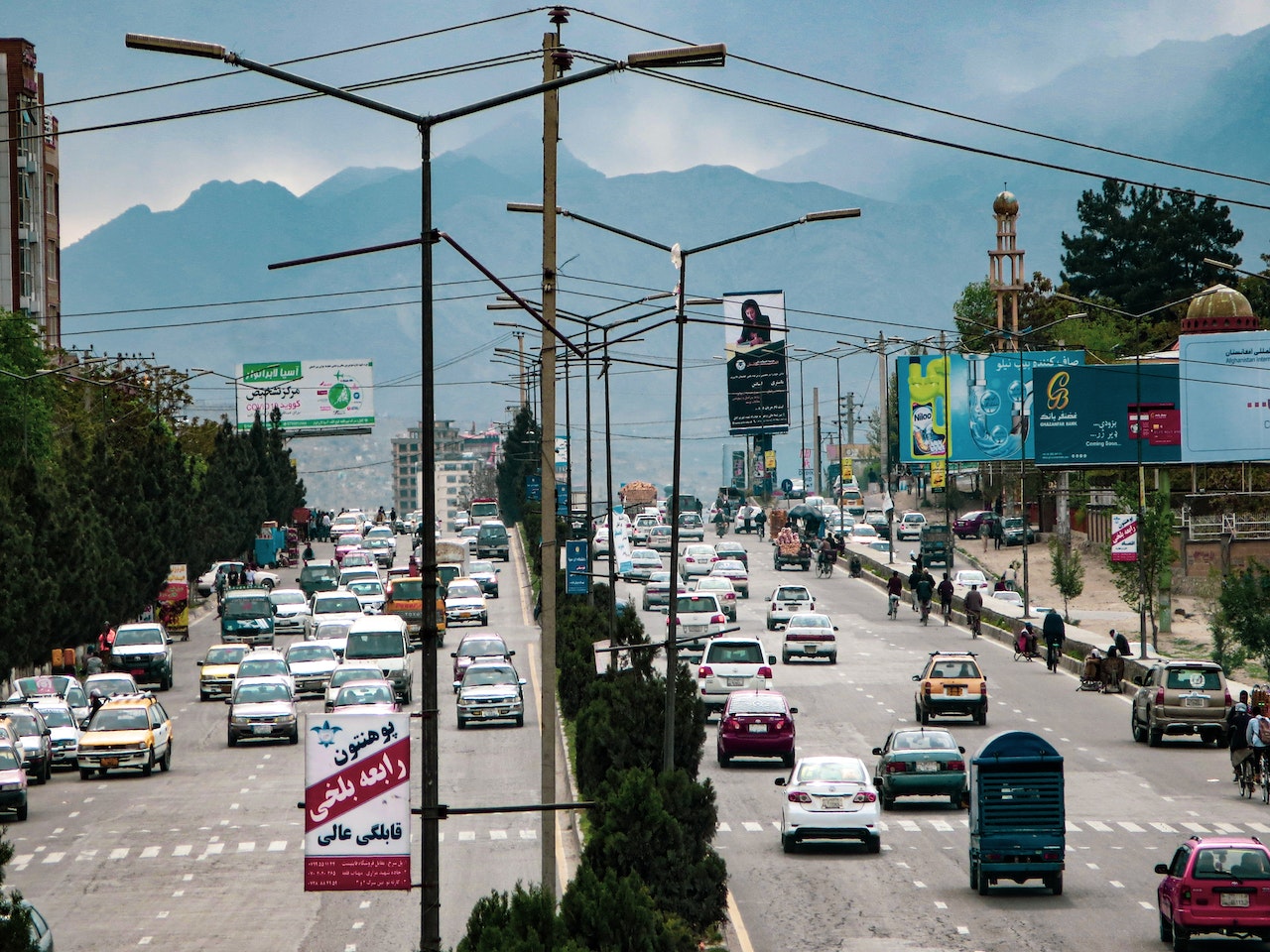There are three types of traffic violations that you could face. These are Disqualification, Penalties and Payment arrangements.
Penalties
Depending on the severity of an offence, traffic violations in Australia can result in heavy fines or even imprisonment. Some offences carry demerit points that are recorded on a traffic history. If a driver accumulates 12 or more demerit points, they can lose their driver’s licence.
The penalties for common traffic offences vary greatly between states. The most common penalty is a fine. In South Australia, the average fine is $128 per registered vehicle. In NSW, it is $325. In Tasmania, it is $80. In Victoria, it is $360.
There are also other penalties. The most severe offence is culpable driving causing grievous bodily harm. It is an offence under section 7 of the Road Transport Act 1999. It is also an offence against Part 3 of the Australian Road Rules.
A driver can get a penalty for driving while suspended or disqualified. They can also get fined for driving an unregistered vehicle. In addition, they can get fined for driving while having no seatbelt.
Speeding fines vary greatly. In NSW, a driver can get a fine of $2435 for travelling 21km/h over the limit. In Western Australia, they can get a fine of $550. In the Northern Territory, they can get a fine of $600. The fines for high-range speeding in New South Wales are doubled.
The fine for driving without a seatbelt in NSW is $325. In Victoria, it is $360. In Tasmania, it is $80.
Seatbelts have been mandatory in Australia since 1973. A driver with four or more unrestrained passengers will get a $1372 fine. In Western Australia, drivers can get fined for driving without a seatbelt.
The penalties for driving under the influence of alcohol or drugs are incredibly harsh. In most states, the fine is $500 or more. The Registrar of Motor Vehicles will also record demerit points for these offences. These points are then erased after three years. The Alcohol Interlock Scheme requires drivers to meet specific requirements.
Other penalties include a fine for failing to comply with traffic lights. Failing to stop at a red light is an offence in all states.
Disqualification ordered by a court
Having a court order for a traffic offence may be something to consider. It can mean many things, from a fine to a jail term. The court will decide the best course of action based on the type of offence. In some cases, the driver can ask the court to waive the disqualification or to reduce it to something more manageable.
The court may also consider the length of time since the last driving offence. For example, if the driver has been driving for six months, the court may be more likely to consider the offender’s character than if the driver has been driving for more than ten years.
There are several different types of traffic offences that can cause disqualification. One example is driving while drunk. If caught driving under alcohol, you are subject to a mandatory 6-month disqualification. On the other hand, if you are caught driving intoxicated with a learner’s permit, you will receive a fixed charge.
Finally, a special disqualification order is a rare occurrence. It is a special order from the court and may require the driver to surrender his license. A special disqualification order may require the driver to pay a fine or a penalty point threshold. The court may also order the driver to retake the driving test, or the court may decide to reduce the length of the disqualification.
Payment arrangement
The most obvious way to pay a traffic fine is by mail or online. Alternatively, you can use a payment arrangement to spread the payments over a longer period. For example, you can make a minimum of two or three monthly payments for a fine of over $200. If you need help determining how much to send, try to recoup your losses with a Community work repayment scheme.
Many other states and territories allow you to use their payment schemes, including Victoria, New South Wales and South Australia. You’ll be able to find out more about the fines you’ve received and even how to pay them by registering on the DTMRT website.
Also Read: Craft Beer: The Ultimate Drink To Get You Through Winter
Speeding fines
Various traffic offences have the potential to lead to a speeding fine. These include driving under the influence of drugs or alcohol, dangerous driving and driving without due care and attention. Depending on the specific circumstances, the penalties for these offences can range from fines to jail time. In some cases, drivers may face probationary conditions, or their driver’s licence may be suspended. If you have been charged with a traffic offence, you should seek legal advice at https://jamesonlaw.com.au/traffic-offences/ as soon as possible.
If you have committed an offence, you may be able to pay your fine through an arrangement with the State Penalties Enforcement Registry (SPER). You can pay your fine on a fortnightly or monthly basis or make a payment plan. Alternatively, you can pay your fine at any post office or shop front. SPER will also issue reminder notices.
If you fail to pay your fine, the Registrar of Motor Vehicles will issue a disqualification notice. You can also appeal your licence disqualification, including drinking driving, through the Queensland Traffic Offenders Program.
If you have committed an offence, such as drunk driving or driving without due care and attention, you may be required to participate in a drunk driving program. Depending on the severity of the offence, you may also be required to undergo a breath test.

